When it comes to good drinking, like almost everything in life, everything depends on quantity and quality. And wine is no less important.
Leaving aside the quantity, because after a certain number of glasses it doesn't matter if it's the kind of wine that stains the glasses -because the feisty kind is drunk in a glass- or the kind that is drunk in Swarovski crystal glasses, and taking for granted that, as it seems logical, the powerful and rich of Ancient Rome had access to and drank the best wine produced in the whole empire, what danger could these wines have had? Lead sugar, the first artificial sweetener in history.
In Ancient Rome it was very rare to drink unmixed wine and the most common thing to do was to dilute it with water. And this was the way commoners did it.
Emperors, wealthy families and all those with the means, liked to indulge in more elaborate and exquisite recipes, such as lowering it with sapa.
This preparation was obtained by boiling the wort until it was reduced by 2/3. In fact, in the recipes that have survived to the present day, it was specified that lead pots were to be used because they sweetened it.
The sweetness of sapa was due to lead acetate, a chemical compound formed in the process of cooking wine in lead pots. They even managed to produce its crystalline form, the so-called lead sugar, and use it as an artificial sweetener.
In addition to the wine, sapa was also used as a garnish for many dishes, so that the lead ingested in the pantagruelous banquets generously watered with wine could have been responsible for the frequent health problems among the emperors (Tiberius, Caligula, Claudius, Nero...) and the nobles.
Headaches, irritability, depression, sterility, gout... and even death in very high doses, were the consequences of this massive intake of lead through wine.
In the 1980s, the Canadian scientist Jerome O. Nriagu, after studying the habits and lifestyle of the emperors of the Julio-Claudian and Flavian dynasties, concluded that 70% suffered from gout and other symptoms of chronic lead poisoning.
One teaspoon of sapa daily would have been more than enough to cause chronic lead poisoning.
But Nriagu went a step further, holding lead poisoning or saturnism (so called because the ancient alchemists called lead Saturn) responsible for the fall of the Roman Empire.
Even if we were to add to the lead ingested from wine and food that some water pipes were coated with lead, and even that lead was also used in the manufacture of some of the cosmetics used by the courtesans of Rome, I think it would be very difficult to defend Dr. Nriagu's theory.
But what is abundantly clear is that being a "morroputa" - in my village we call sybarites that way - can cost you dearly, because there is nothing more valuable than your health.






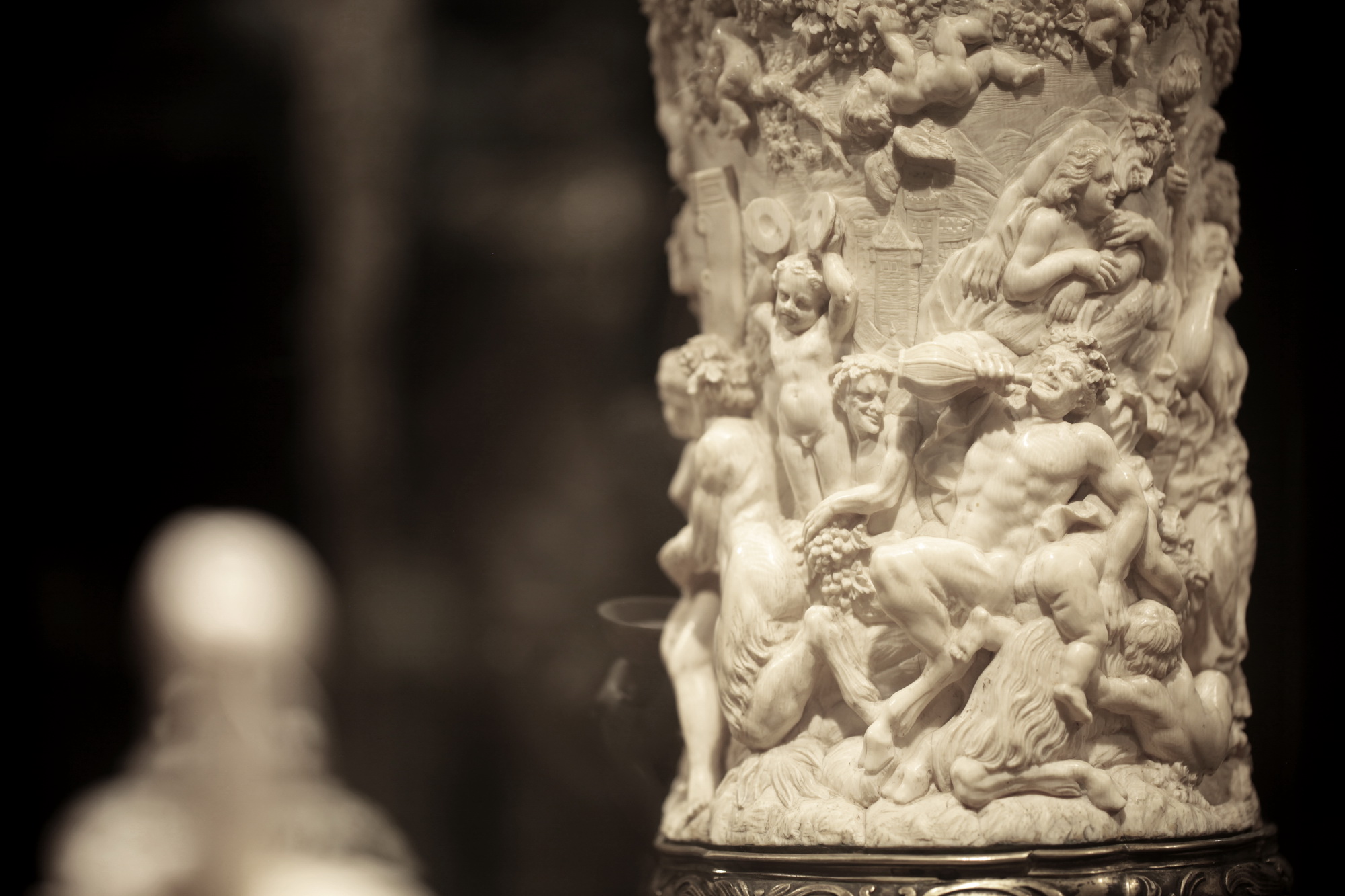
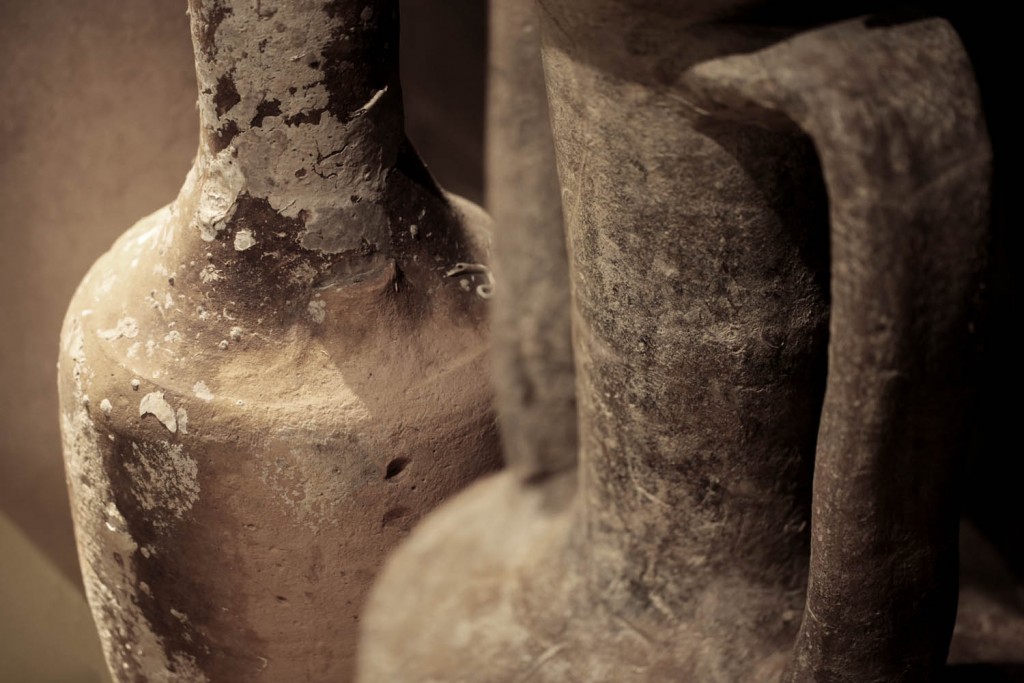
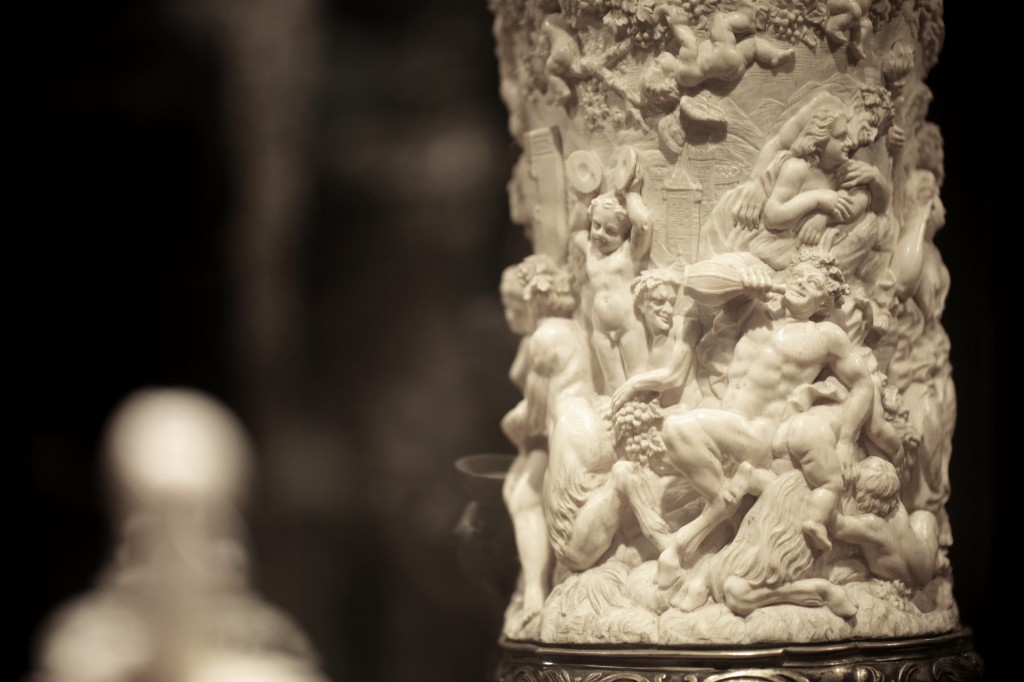
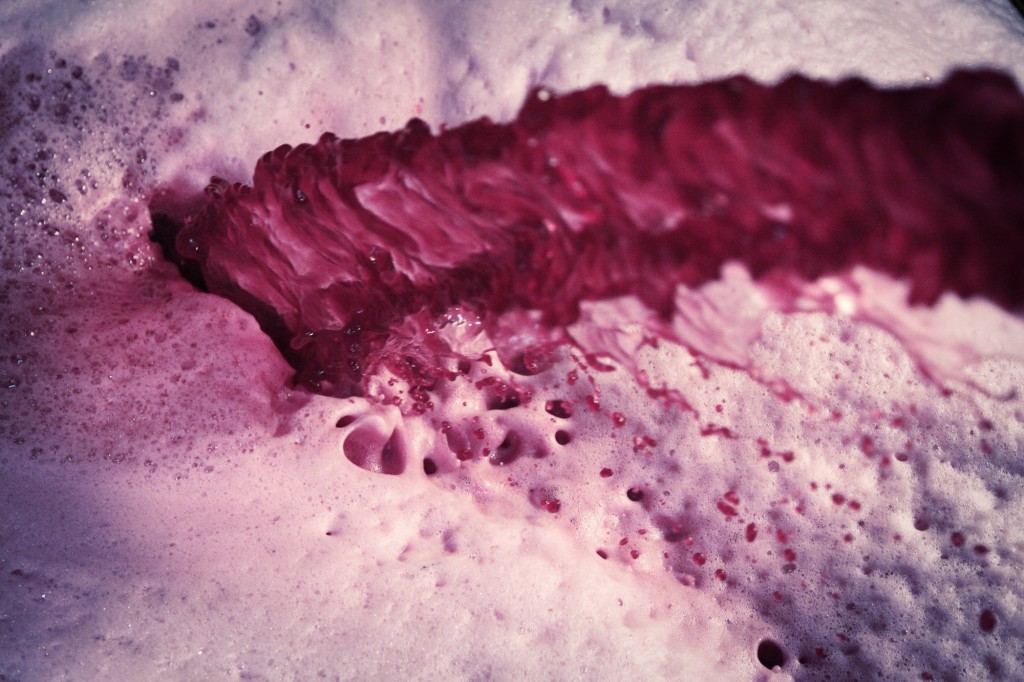

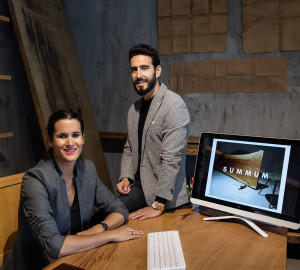
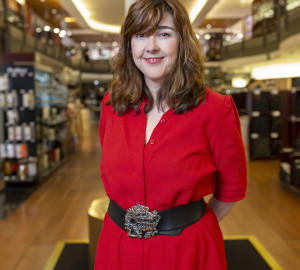







3 comments